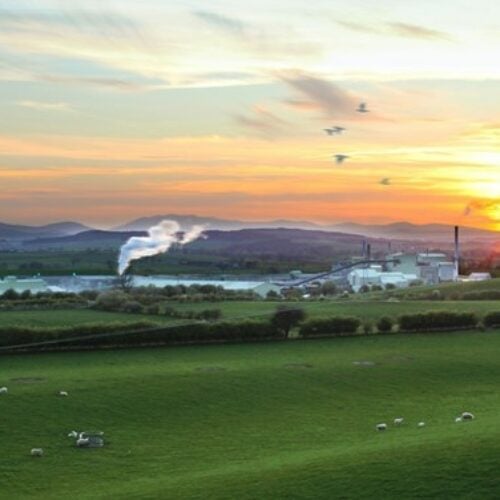The UK public has shown consistent support for renewable energy in the third of a series of opinion surveys published by the Department for Energy and Climate Change (DECC).
According to the third in DECC’s series of opinion tracking polls, 80% of survey respondents said they supported the idea of UK electricity, heat and fuel being supplied from renewable sources.
The support is unwavering, down only slightly from 82% last year and higher than the 79% support in 2012.
The survey also revealed 59% of respondents were happy to have a large-scale renewable energy development in their local area. Last year’s survey reported 56% in support and 55% the year before.
The questionnaire asked what the UK’s biggest challenges today are, out of: inflation, unemployment, health, education, national security, taxation, crime, climate change and energy supply.
.
Energy security and climate change jumped from eighth place last year to fourth this year – just 8% ranked energy security and climate change as their primary concern.
The 8% is in stark comparison to the 85% who expressed considerable concern for future energy bill rises – this may be due to confusing and misleading lobbying and politics over UK energy bills recently.
When asked directly, 68% of respondents said they were either very, or fairly concerned about climate change.
Just 29% of respondents supported fracking, and a fifth – 22% – opposed it.
This correlates with a Solar Trade Association YouGov poll last year, with 6% support for fracking, as opposed to 40% supporting local solar farms.
Nuclear energy was backed by 42% of respondents. Opposition to nuclear fell from 27% in 2012, to just 20% this year.
Back in October, analysts revealed solar would be cheaper than Hinkley C nuclear power plant by 2018, after DECC released a highly criticised info graphic pitting solar against nuclear.
Data was collected March this year, using face-to-face interviews with more than 2,000 UK homes.
DECC claims the survey will be used to create policies to mitigate the effects of climate change and meet UK energy demand.
.





